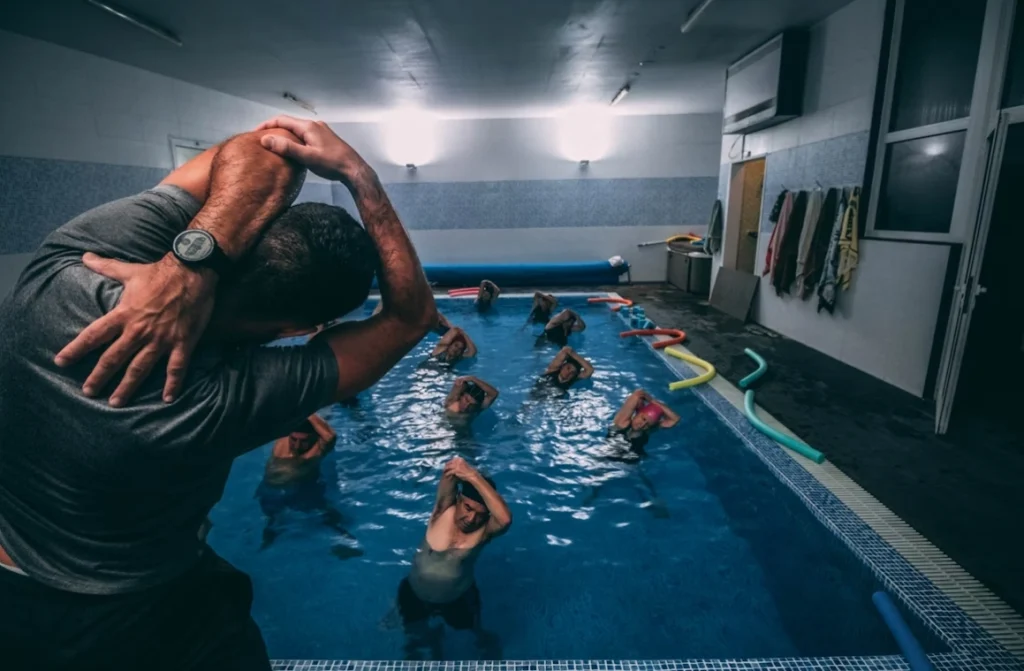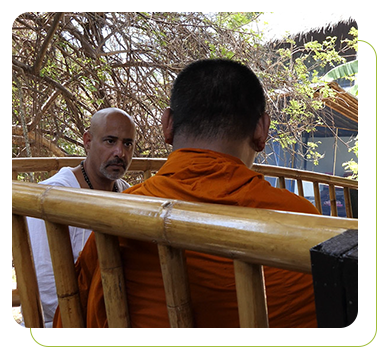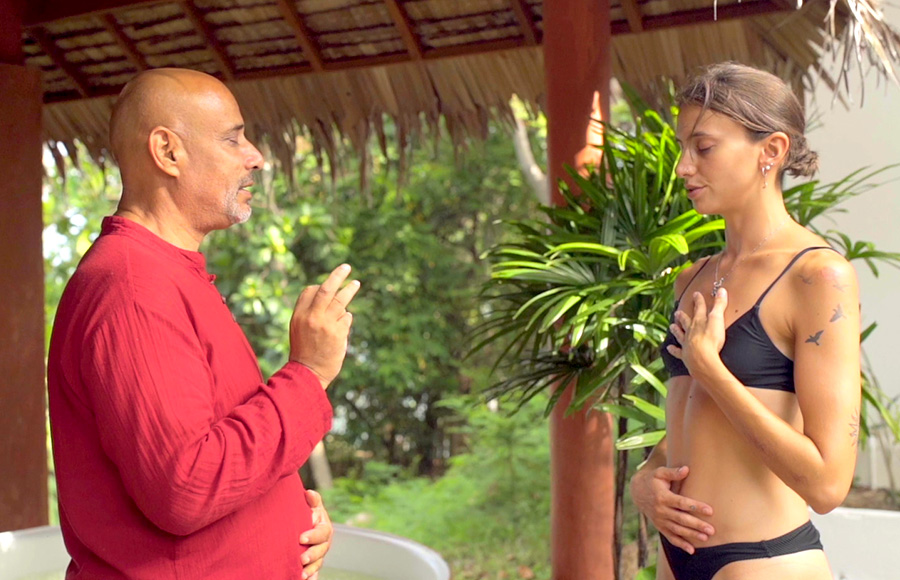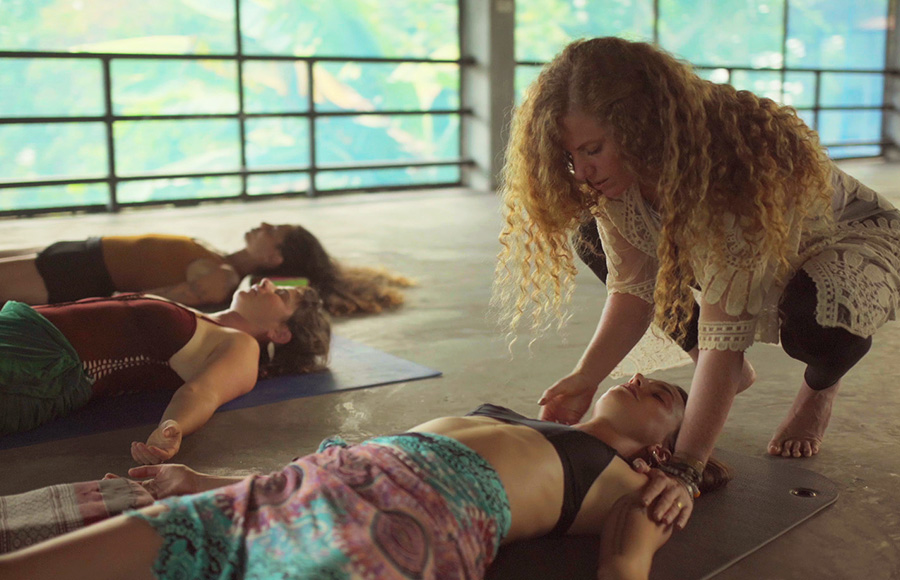Neurodivergence and Emotional Regulation: Tools for Sustainable Recovery
05 min read

Why Emotional Regulation Is Central to Addiction Recovery
Addiction and emotional regulation are deeply linked. Many people turn to substances to cope with stress, trauma, or overwhelming emotions. For neurodivergent individuals — especially those with autism, ADHD, or sensory processing differences — difficulties with emotional regulation are often more pronounced.
Research shows that challenges with managing emotions can increase vulnerability to addiction and relapse. That’s why at Holina Rehab Thailand, we prioritize emotional regulation strategies tailored to neurodiverse clients, combining trauma-informed therapy with holistic practices to build long-term resilience.
Why Emotional Regulation Is Harder for Neurodivergent People
1. ADHD and Impulsivity
ADHD often involves heightened impulsivity and difficulty pausing before acting. This can make resisting cravings or regulating strong emotions harder.
2. Autism and Sensory Overload
Autistic individuals may experience meltdowns or shutdowns when overwhelmed by sensory input, stress, or unexpected change.
3. Trauma and Masking
Many neurodivergent adults carry trauma from years of masking, bullying, or exclusion. Trauma dysregulates the nervous system, making emotional control more difficult.
4. Co-Occurring Mental Health
Anxiety, depression, and PTSD are more common among neurodivergent people, amplifying challenges with regulation.

The Link Between Emotional Dysregulation and Addiction
Substances may be used to calm anxiety or numb stress.
Alcohol can provide temporary relief from sensory overwhelm but worsens long-term regulation.
Stimulants may be used by ADHD clients to “self-medicate” focus challenges.
Over time, these coping mechanisms create dependency and addiction.
Addressing emotional regulation is therefore essential for sustainable recovery.

Tools for Emotional Regulation in Recovery
1. Mindfulness and Meditation
Helps build awareness of triggers before they escalate.
Supports focus and calm for ADHD and autism.
2. Breathwork and Somatic Practices
Techniques like deep breathing, grounding, or polyvagal exercises regulate the nervous system.
Somatic therapies help release trauma stored in the body.
3. Water-Based Therapies (Unique to Holina)
Integrative Water Therapy and Aqua Tuning help clients release deep emotional stress in a calming sensory environment.
4. Creative Expression
Art, music, and sound therapy allow non-verbal processing of emotions.
Particularly effective for autistic clients who may struggle with verbal expression.
5. Physical Movement
Exercise, yoga, and Muay Thai provide safe outlets for energy and stress.
Supports dopamine regulation, especially in ADHD clients.
6. Trauma-Informed Psychotherapy
Therapies like EMDR and CBT help clients process underlying trauma and rebuild self-regulation.
Holina’s Approach to Emotional Regulation for Neurodiverse Clients
Personalized Programs
Every client receives an individualized plan adapted to their neurotype, triggers, and strengths.
Safe, Sensory-Friendly Environments
Calm settings reduce overstimulation, making regulation strategies easier to practice.
Specialist Training for Staff
Therapists are trained to recognize signs of dysregulation and support clients through co-regulation techniques.
Building Skills for Life After Rehab
Clients don’t just regulate emotions in treatment — they leave with tools for long-term resilience.

The Benefits of Teaching Emotional Regulation in Rehab
Reduced relapse risk: Clients replace substances with healthier coping tools.
Improved mental health: Anxiety and depression decrease with better regulation.
Greater self-confidence: Clients feel more in control of their lives.
Sustainable recovery: Emotional stability supports long-term sobriety.
The Science of Emotional Regulation in Recovery
Research in neuroscience and psychology shows:
Practicing mindfulness changes brain pathways for self-control.
Breathwork activates the parasympathetic nervous system, reducing stress hormones.
Trauma-informed therapies like EMDR help reprocess painful memories, reducing triggers.
For neurodivergent clients, these tools are even more impactful, offering healthier alternatives to self-medication.
FAQs About Emotional Regulation in Neurodiverse Recovery
Q1: Why is emotional regulation harder for neurodivergent people?
Because ADHD, autism, and trauma often affect nervous system stability and stress responses.
Q2: Can emotional regulation skills prevent relapse?
Yes. By providing healthier coping tools, relapse risk is significantly reduced.
Q3: What therapies help with emotional regulation at Holina?
Mindfulness, water-based therapies, trauma-informed psychotherapy, yoga, and creative expression.
Q4: How long does it take to improve regulation skills?
Clients often see improvements within weeks, but long-term practice strengthens results.
Q5: Are these tools useful after rehab?
Absolutely. Skills learned at Holina are designed for daily use long after treatment.
Conclusion: Building Resilience Through Emotional Regulation
For neurodivergent clients, emotional regulation is often the missing piece in traditional rehab models. At Holina Rehab Thailand, we integrate mindfulness, somatic healing, trauma-informed therapy, and sensory-friendly environments to help clients develop tools for lasting stability.
By addressing emotional regulation directly, we empower clients not just to recover from addiction, but to thrive in life with confidence, balance, and resilience.
📞 Ready to Begin?
Contact Holina Rehab today to start your healing journey:
Phone: +66 (0) 626 418 369
Email: info@holinarehab.com
Website: www.holinarehab.com
About Me
Ian Young
Ian Young is the Global Manager at Holina Care Centres in Koh Phangan, Thailand. Ian oversees the rehabilitation programs that blend the 12 Step model, Psychology, Counselling, Coaching, Somatic and many other therapeutic engagements, alongside various evidence-based therapies with holistic healing practices. Holina Rehab treats addictions, trauma, anxiety, depression, and other emotional challenges, offering comprehensive care in a serene resort environment. Ian, a charismatic speaker and author of “It’s Not About Me” leveraging his own recovery journey from addiction to inspire and guide others toward a fulfilling, addiction-free life.
Recent Blogs
-
27 Dec, 2025
What Is Somatic Therapy and How Does It Heal Trauma?





























